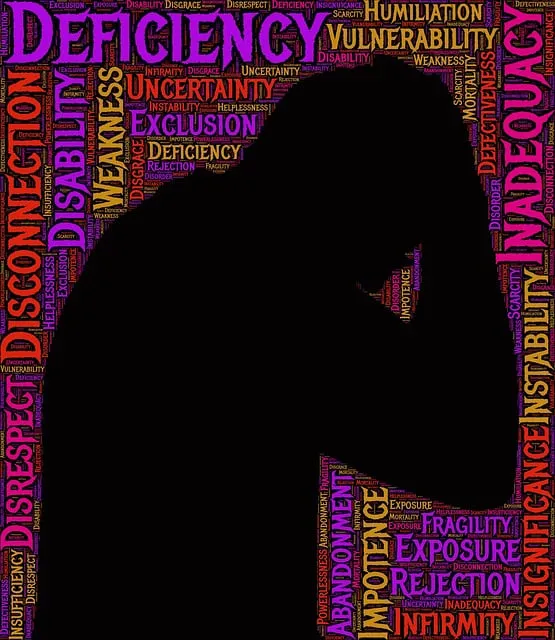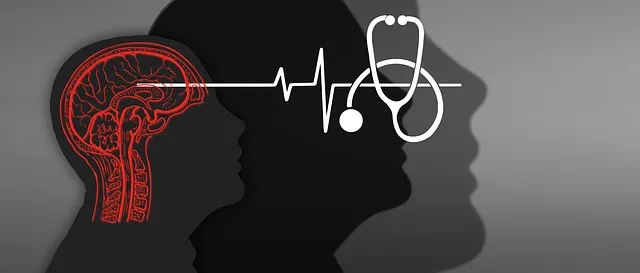The Boulder Kaiser Permanente behavioral health center emphasizes the importance of early depression prevention through holistic approaches, focusing on lifestyle changes, self-awareness exercises, and evidence-based programs. They offer tailored therapeutic methods including CBT and mindfulness techniques, catering to both patients and healthcare providers facing emotional challenges. By addressing risk factors like genetic predisposition and life stressors, the center aims to build resilience, improve mood regulation, and promote lasting mental well-being through comprehensive support and personalized treatment plans.
Depression is a prevalent yet manageable condition, and preventing it is a proactive approach to well-being. This article, guided by the expertise of the Boulder Kaiser Permanente behavioral health center, explores comprehensive strategies for depression prevention. From understanding the signs and risk factors to adopting lifestyle changes and seeking professional support, we offer practical insights. Discover how personalized approaches can empower individuals in Boulder and beyond to safeguard their mental health.
- Understanding Depression: Recognizing Signs and Risk Factors (Boulder Kaiser Permanente behavioral health center)
- Lifestyle Changes for Depression Prevention (Boulder Kaiser Permanente behavioral health center)
- Professional Support: Therapeutic Approaches and Resources (Boulder Kaiser Permanente behavioral health center)
Understanding Depression: Recognizing Signs and Risk Factors (Boulder Kaiser Permanente behavioral health center)

Depression is a serious mental health condition that significantly impacts an individual’s daily life and well-being. Recognizing its signs and understanding the underlying risk factors are crucial steps in prevention, as highlighted by the Boulder Kaiser Permanente behavioral health center. This center emphasizes that depression isn’t just fleeting sadness; it’s a persistent low mood that can last for weeks or months, hindering one’s ability to function normally.
The Boulder Kaiser Permanente behavioral health center also points out various risk factors associated with depression, such as genetic predisposition, chronic illnesses, major life stressors, and certain medications. They encourage individuals to be vigilant about their mental health, especially when facing significant changes or challenges. Early intervention through programs designed for mental health education, inner strength development, and resilience building can play a pivotal role in preventing and managing depression effectively.
Lifestyle Changes for Depression Prevention (Boulder Kaiser Permanente behavioral health center)

At Boulder Kaiser Permanente behavioral health center, we understand that depression prevention begins with a holistic approach focusing on lifestyle changes. Engaging in regular physical activity, maintaining a balanced diet, and prioritizing quality sleep are foundational elements that support mental well-being. These simple yet powerful practices can significantly reduce symptoms of depression by boosting neurotransmitters, improving mood regulation, and enhancing overall resilience.
Additionally, our center emphasizes the importance of self-awareness exercises and inner strength development. We encourage individuals to cultivate mindfulness practices such as meditation or journaling, which foster emotional healing processes. By promoting a deeper understanding of one’s thoughts and emotions, these exercises empower individuals to navigate life’s challenges with greater clarity and resilience. Through our evidence-based programs and personalized support, Boulder Kaiser Permanente behavioral health center is dedicated to helping individuals build coping strategies that prevent depression and promote lasting mental well-being.
Professional Support: Therapeutic Approaches and Resources (Boulder Kaiser Permanente behavioral health center)

At Boulder Kaiser Permanente behavioral health center, professionals employ a range of therapeutic approaches to support individuals dealing with depression. These include cognitive-behavioral therapy (CBT), mindfulness-based interventions, and interpersonal psychotherapy, each tailored to address specific needs and factors contributing to depressive symptoms. The center also offers resources for burnout prevention strategies specifically designed for healthcare providers, recognizing the unique challenges they face in their emotional healing processes.
Through comprehensive risk assessments, mental health professionals at Boulder Kaiser Permanente behavioral health center identify triggers and vulnerabilities, enabling personalized treatment plans. These evidence-based practices not only help individuals manage depression but also foster resilience and promote overall well-being. By focusing on burnout prevention strategies for healthcare providers, the center ensures that those dedicated to caring for others are equipped to navigate their own emotional landscapes effectively.
Depression is a serious yet preventable condition, as highlighted by the comprehensive resources at the Boulder Kaiser Permanente behavioral health center. By recognizing early signs and understanding personal risk factors, individuals can take proactive steps towards prevention. Adopting healthy lifestyle changes, such as regular exercise and mindful practices, coupled with access to professional support through therapy and counseling, empowers people to manage their mental well-being effectively. The Boulder Kaiser Permanente behavioral health center’s expertise ensures that those in need have the tools and guidance to navigate and overcome depressive episodes, fostering a healthier and more resilient community.





